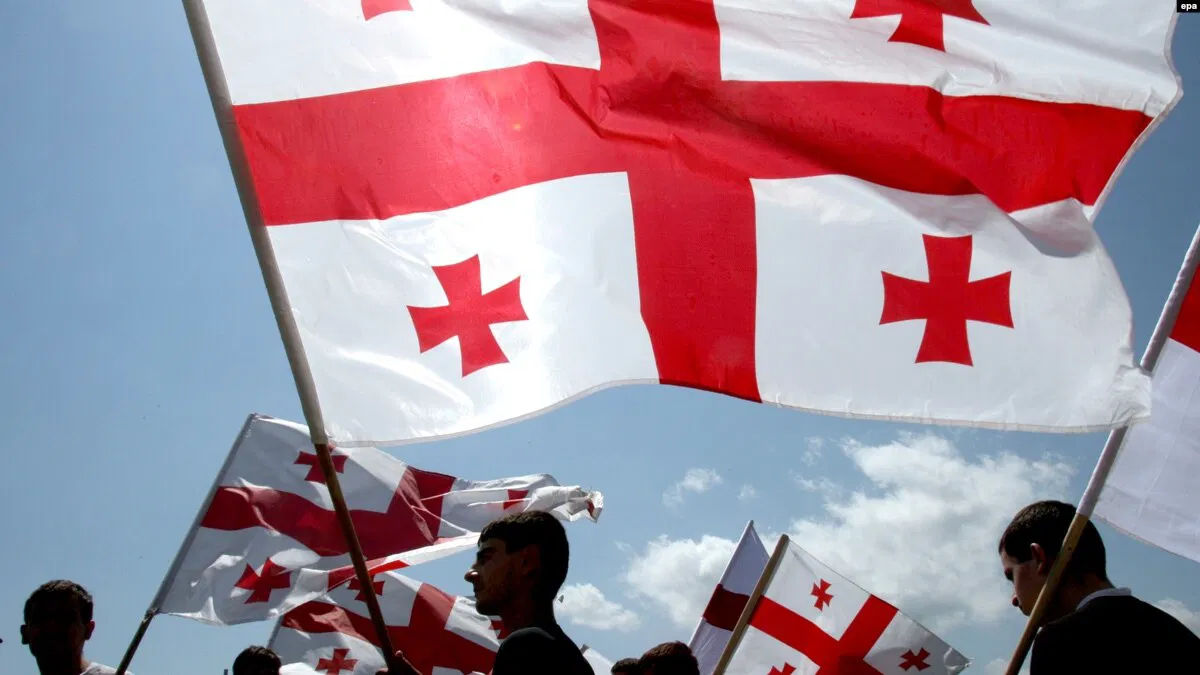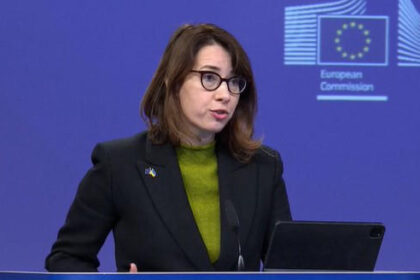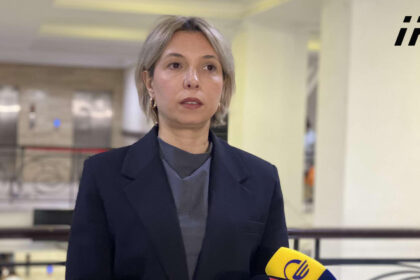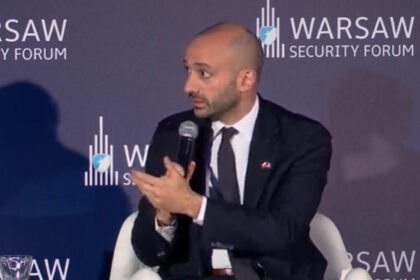**Georgian Citizenship: A Shift in Loyalties?**
In a revealing trend, the majority of people who acquired Georgian citizenship last year came from Russia. A staggering 2,361 individuals, who previously held Russian passports, chose to become Georgian citizens in 2024. This is not an isolated incident; Russians have consistently topped the list over the past decade, according to official data.
This shift in loyalties raises questions about the motivations behind such a significant number of people choosing to leave their Russian citizenship for that of Georgia. It’s essential to note that these individuals are not just statistics; they’re people with personal stories and reasons for making this decision.
**A Changing Global Landscape**
The current global climate, marked by conflict and economic uncertainty, may be contributing factors in this trend. The ongoing war in Ukraine has left many Russians questioning their loyalty to the country of their birth. Georgia, with its strategic location at the crossroads of Europe and Asia, offers a more stable environment for some individuals.
Furthermore, Georgia’s growing economy and increasing ties with Western countries might be attractive to those seeking better opportunities. This influx of Russian citizens could bring valuable skills and experiences to Georgia, potentially benefiting the country as a whole.
**A Mixed Bag**
However, this trend also has its downsides. The number of Georgians who lost their citizenship by acquiring another nationality is equally striking. A total of 802 individuals became Russian citizens in 2024, followed closely by 200 people who obtained Greek citizenship. This suggests that some Georgians are choosing to leave the country or abandon their citizenship for reasons yet unknown.
In conclusion, the acquisition of Georgian citizenship by former Russians and others highlights a complex web of global dynamics at play. As we continue to navigate an ever-changing world, it’s crucial to understand the motivations behind such trends and their potential implications on the countries involved.
Read More @ civil.ge












